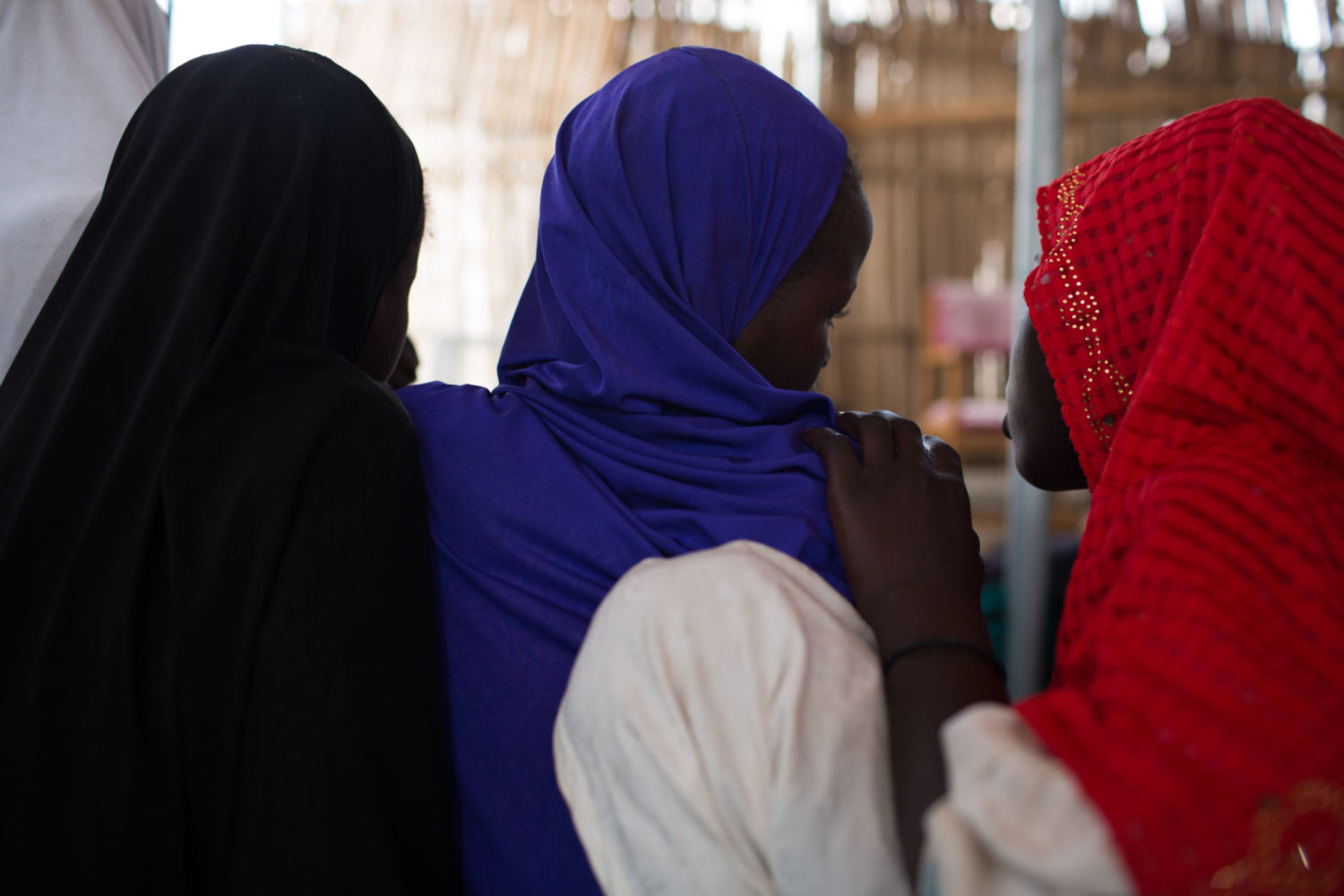12 April 2019 – More than 3,500 children, most of whom were aged 13 to 17, were recruited by non-state armed groups between 2013 and 2017 and have been used in the ongoing armed conflict in north-east Nigeria – UNICEF said today ahead of the fifth anniversary of the Chibok abduction.
The UN children’s agency said that these numbers are only those that have been verified, while the true figures are likely to be higher.
In addition to these children, 432 children were killed and maimed, 180 were abducted, and 43 girls were sexually abused in north-east Nigeria in 2018.
Meanwhile, more than 100 of the abducted Chibok girls remain missing.
The anniversary of the abduction, marked on 14 April, is a grim reminder that widespread abductions of children and grave violations of children’s rights continue to take place in the north-east.
“Children should feel safe at home, in schools and on their playgrounds at all times,” said Mohamed Malick Fall, UNICEF Representative in Nigeria.
“We are calling on the parties to the conflict to fulfil their obligations under international law to end violations against children and to stop targeting civilian infrastructure, including schools. This is the only way we can begin to make lasting improvements in the lives of children in this devastated part of Nigeria.”
Since 2012, non-state armed groups in north-east Nigeria have recruited and used children as combatants and non-combatants, raped and forced girls to marry, and committed other grave violations against children. Some of the girls become pregnant in captivity and give birth without any medical care or attention.
UNICEF continues to offer its support to the Government of Nigeria in its strong efforts to protect the country’s children. UNICEF works with the Borno State Ministry of Women Affairs and Social Development and other partners to support children who have been rescued or escaped from captivity.
In 2017 and 2018, UNICEF and its partners provided community-based reintegration services to more than 9,800 people formerly associated with armed groups, as well as vulnerable children in communities. These services help to trace children’s families, return them to their communities, and offer psychosocial support, education, vocational training, informal apprenticeships, and opportunities to improve livelihoods.
ENDS
Notes to editors:
For more information, please contact:
Unicef UK Media Team, 0207 375 6030, [email protected]
Emily Craigie, 0207 375 6058, [email protected]
About Unicef
Unicef is the world’s leading organisation for children, promoting the rights and wellbeing of every child, in everything we do. Together with our partners, we work in 190 countries and territories to translate that commitment into practical action, focusing special effort on reaching the most vulnerable and excluded children, to the benefit of all children, everywhere.
Unicef UK raises funds to protect children in danger, transform their lives and build a safer world for tomorrow’s children. As a registered charity we raise funds through donations from individuals, organisations and companies and we lobby and campaign to keep children safe. Unicef UK also runs programmes in schools, hospitals and with local authorities in the UK.
For more information please visit unicef.org.uk


